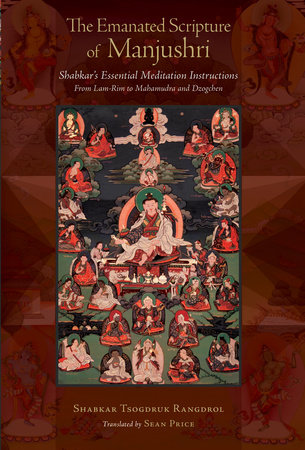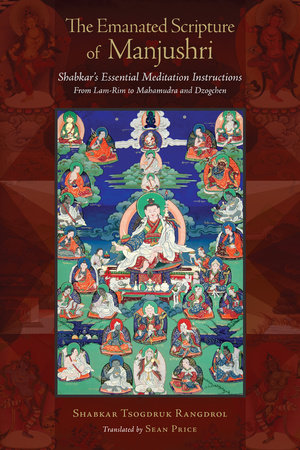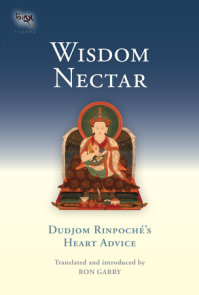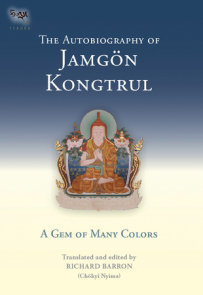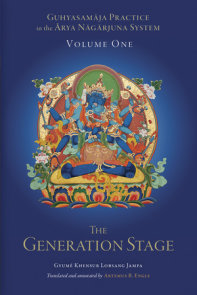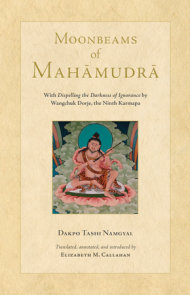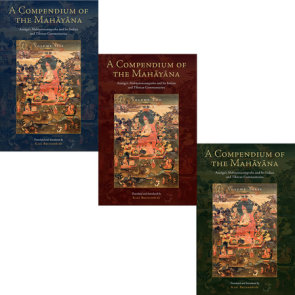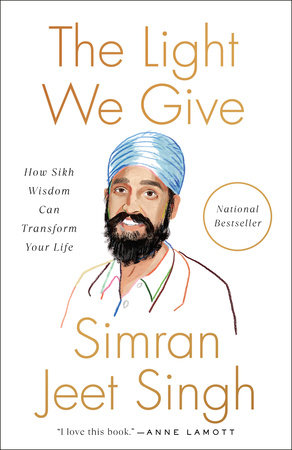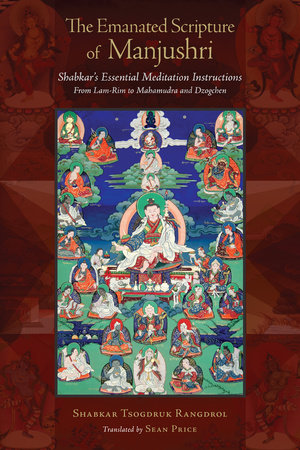

The Emanated Scripture of Manjushri
By Shabkar Tsogdruk Rangdrol
Translated by Sean Price
By Shabkar Tsogdruk Rangdrol
Translated by Sean Price
By Shabkar Tsogdruk Rangdrol
Translated by Sean Price
By Shabkar Tsogdruk Rangdrol
Translated by Sean Price
By Shabkar Tsogdruk Rangdrol
Translated by Sean Price
By Shabkar Tsogdruk Rangdrol
Translated by Sean Price
Part of Tsadra
Part of Tsadra

-
$24.95
Mar 26, 2020 | ISBN 9781559394987
-
$29.95
Feb 05, 2019 | ISBN 9781559394611
-
Feb 05, 2019 | ISBN 9780834841734
YOU MAY ALSO LIKE
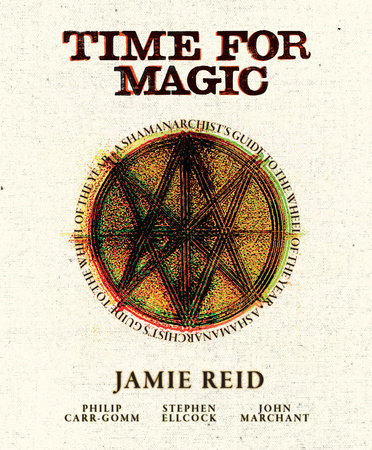
Time For Magic
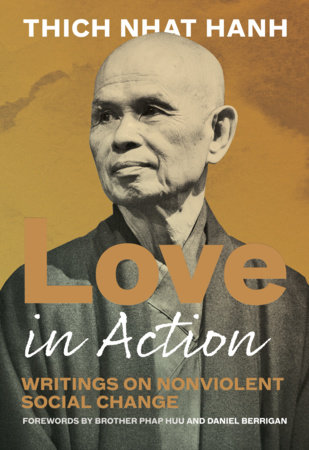
Love in Action, Second Edition

Neighbor, Love Yourself
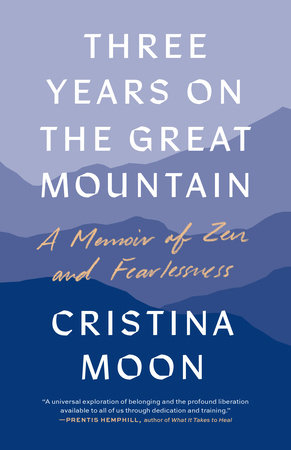
Three Years on the Great Mountain

A Master Class on Being Human
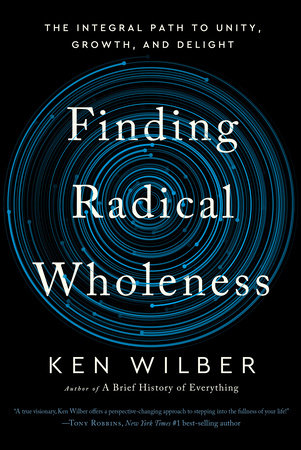
Finding Radical Wholeness
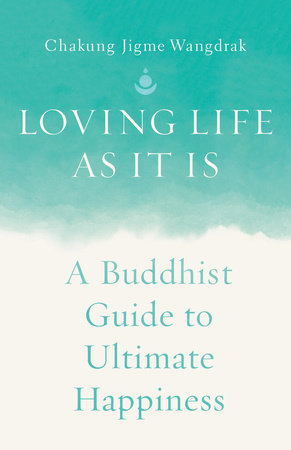
Loving Life as It Is
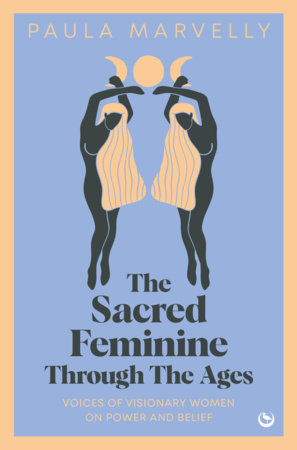
The Sacred Feminine Through The Ages
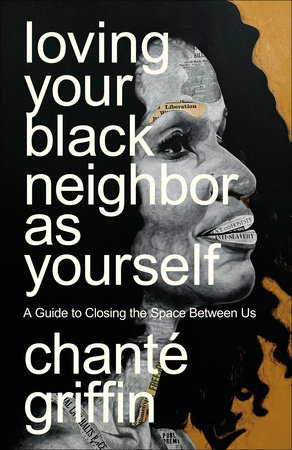
Loving Your Black Neighbor as Yourself
Praise
“The Emanated Scripture of Manjushri is quite unique in Tibetan literature, not only because of its being written in the form of questions and answers, alternating verse and
prose, but because it is a compendium of short teachings that presents a limpid, concise, and yet profound instruction on the entire graded path to enlightenment. It does so in a nonsectarian manner typical of Shabkar’s approach. This graded path takes us first through a thorough presentation of the “mind training” (Lojong) teachings, based on Je Tsongkhapa’s Great Graded Path (Lam rim chen mo), to pith instructions, essential teachings on the nature of mind according to the Mahamudra tradition of Milarepa, practical explanations on the songs of realization, or dohas, of Saraha, and culminates with the ultimate teachings of the Great Perfection, Dzogchen, the pinnacle of the Nine Vehicles.
Thus, in twenty-three pieces of advice, Shabkar elucidates the essentials of spiritual practice: the need to renounce the world, to rely on a spiritual master, and to unite meditation on emptiness with compassion. He explains how to meditate, how to apply in daily life the insights thus gained, and how to mingle one’s mind with the guru’s mind and liberate thoughts as they arise. Shabkar’s style is crisp and effective, as if he had intended to define each step of the contemplative life in the briefest yet most complete and inspiring way for practitioners.”—from the introduction by Matthieu Ricard
21 Books You’ve Been Meaning to Read
Just for joining you’ll get personalized recommendations on your dashboard daily and features only for members.
Find Out More Join Now Sign In








